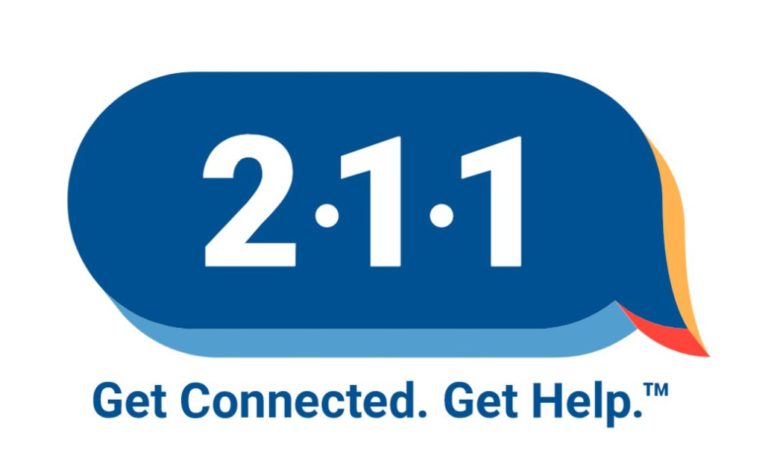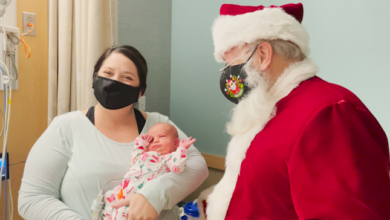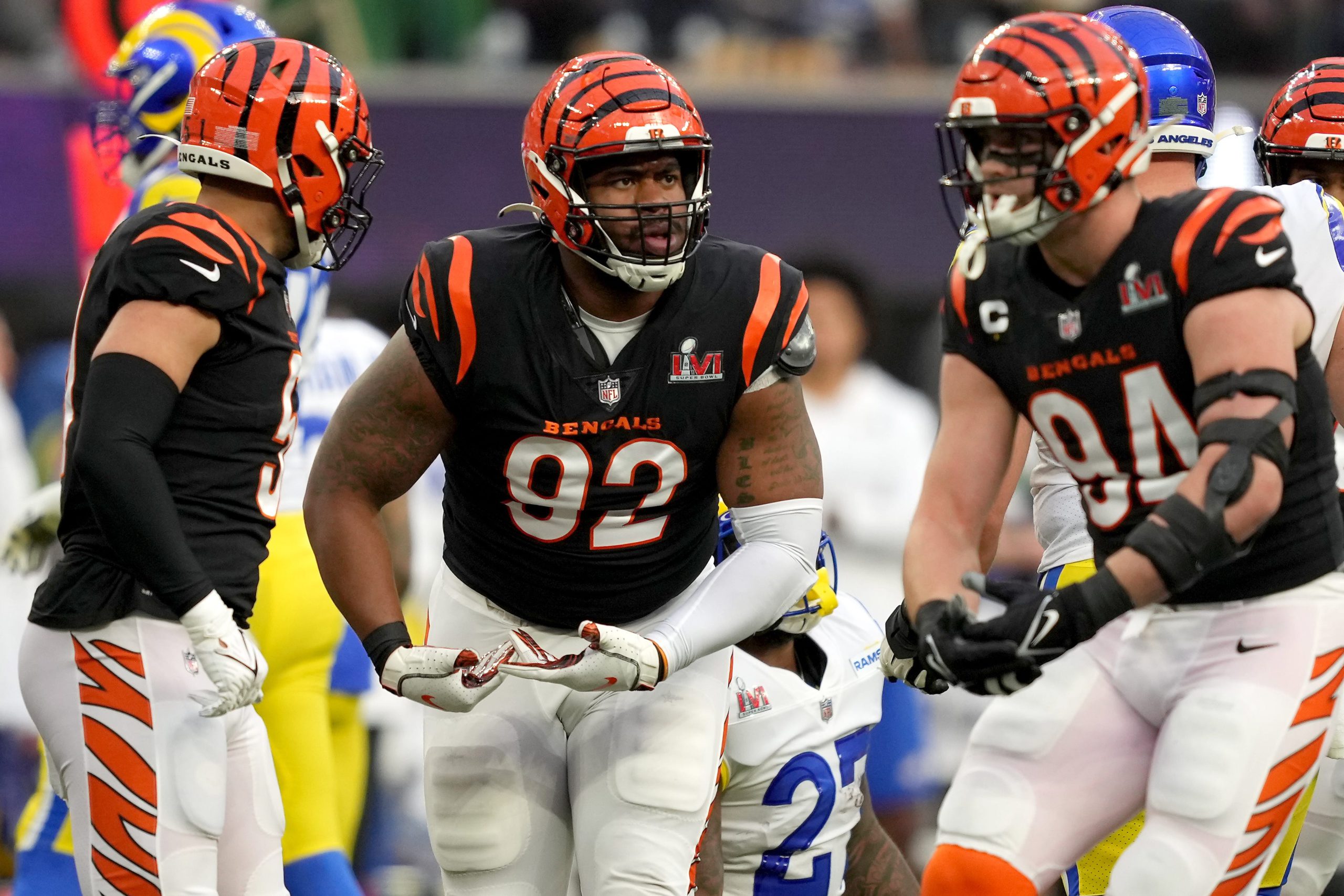
More people are turning to 211 during this pandemic.
United Way Worldwide says 211 usually takes about 12 million calls per year across the United States. Right now, they're taking more than double that – up to 75,000 calls a day.
Two weeks ago, when a surge in calls started, many were about the virus itself and getting tested. Now, the calls have shifted to questions about economic problems.
211 is both a database and call specialist that connects people with one contact instead of having to turn to multiple places to get help.
“So, if you're calling, looking for food, the database knows which food pantries have food and which have run out,” said Brian Gallagher, President and CEO of United Way Worldwide. “Which shelters have beds and which shelters don't have beds, those kinds of things. Where is there financial assistance and so forth.”
You can call 211 go to
to set up two-way texting.
A specialist will walk you through a series of questions. You'll be asked things like how many kids are in your home, your employment status and your household income.
That eligibility information will only be used to point you in the right direction.
“211 gets people that are in desperate need to the things they need right away but we need to make sure that the funding is there for Catholic charities, for food banks, for domestic violence shelters and so forth and so we've been working with Congress to make sure that there is, in this next legislation, support for nonprofits that are providing those services as well as emergency support for 211,” said Gallagher.
211 is hiring part-time specialists to help with the increase in calls. It's also recruiting volunteers that work remotely. You can find those









